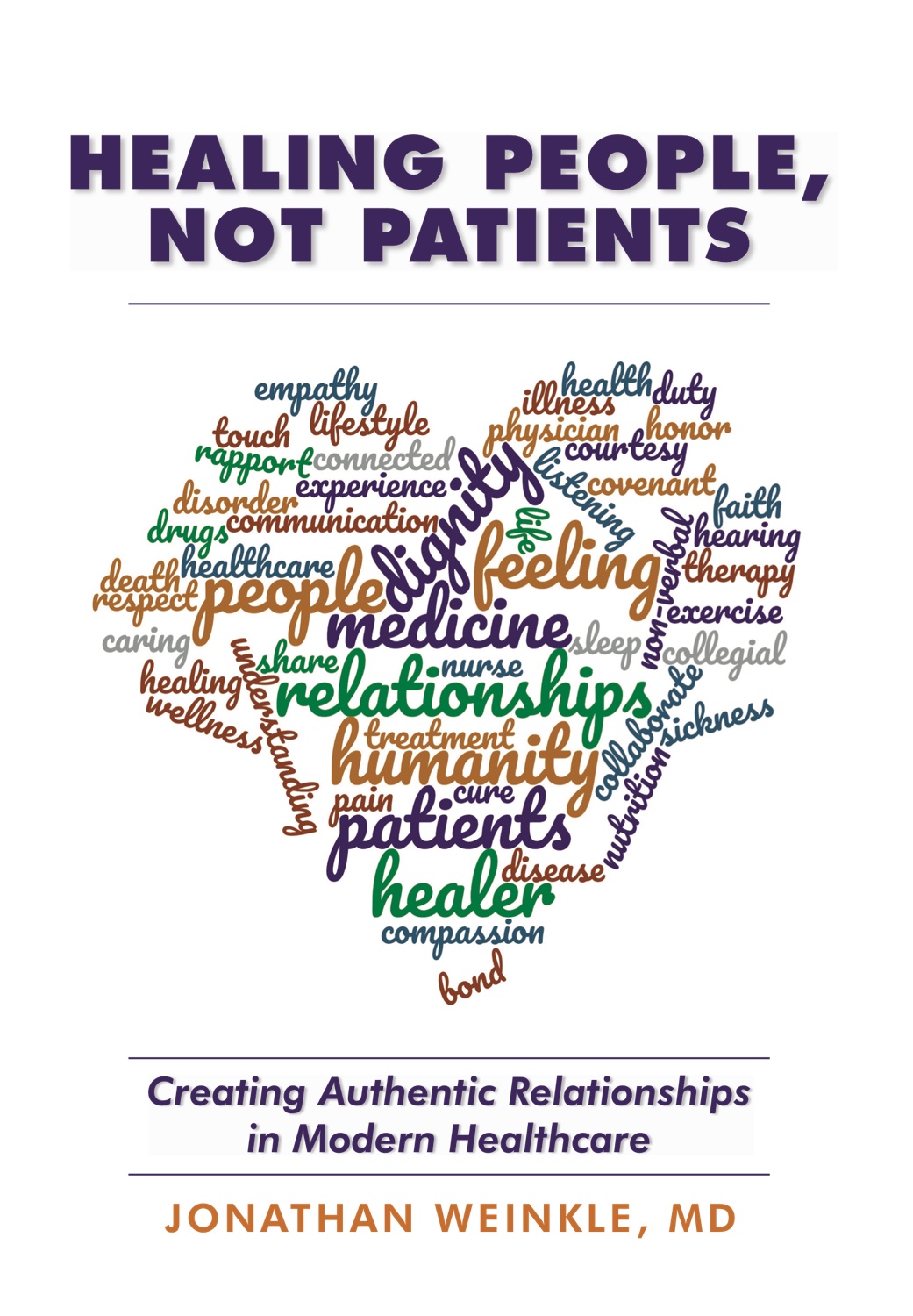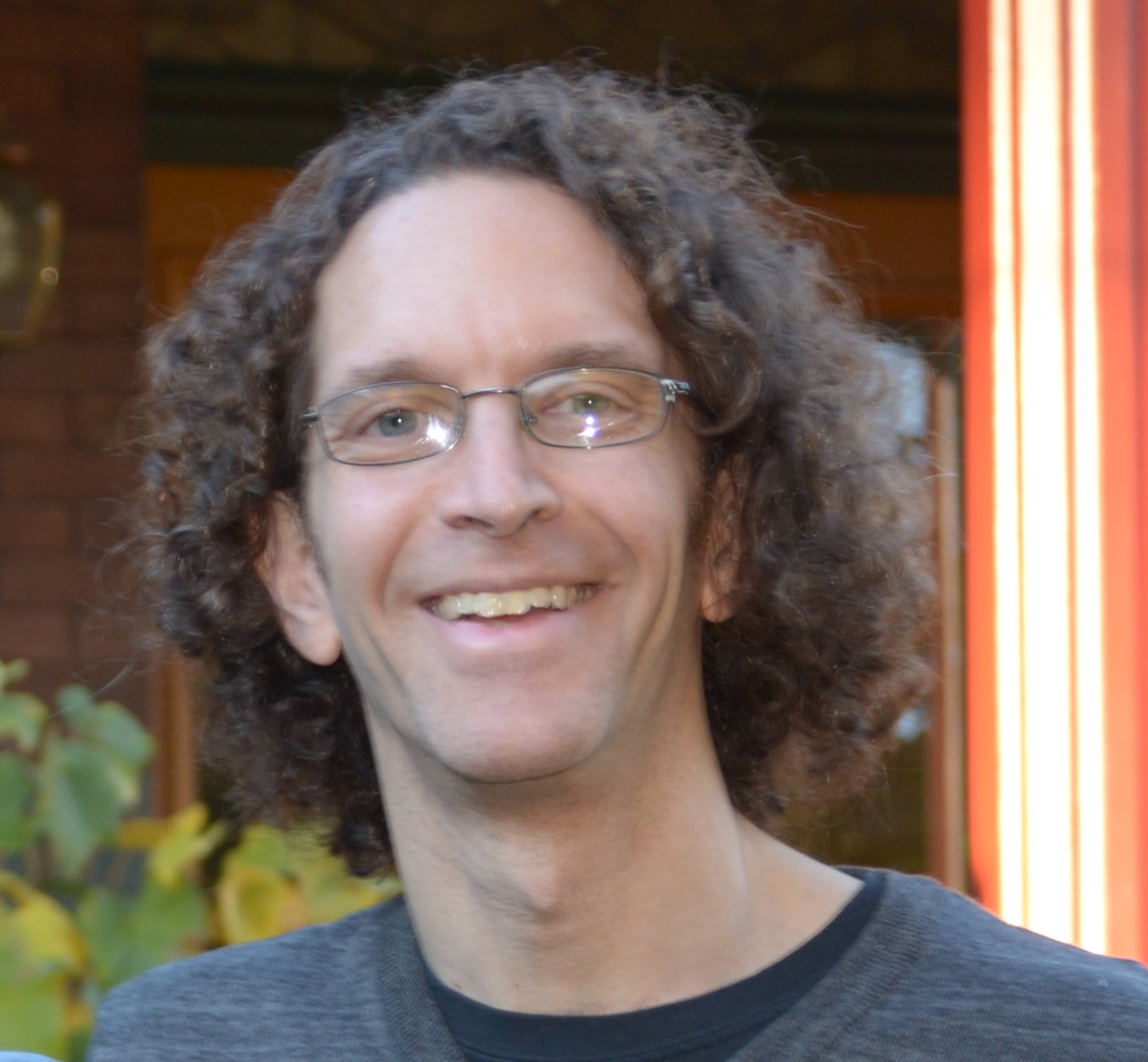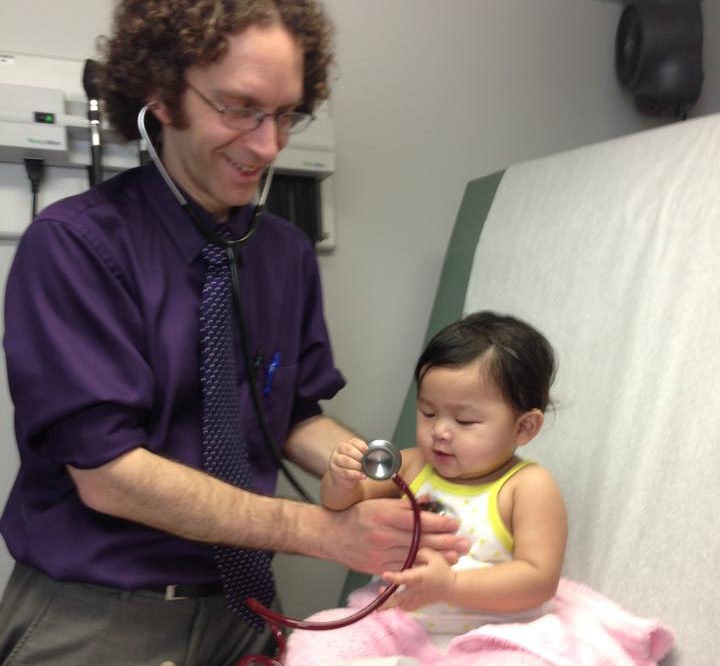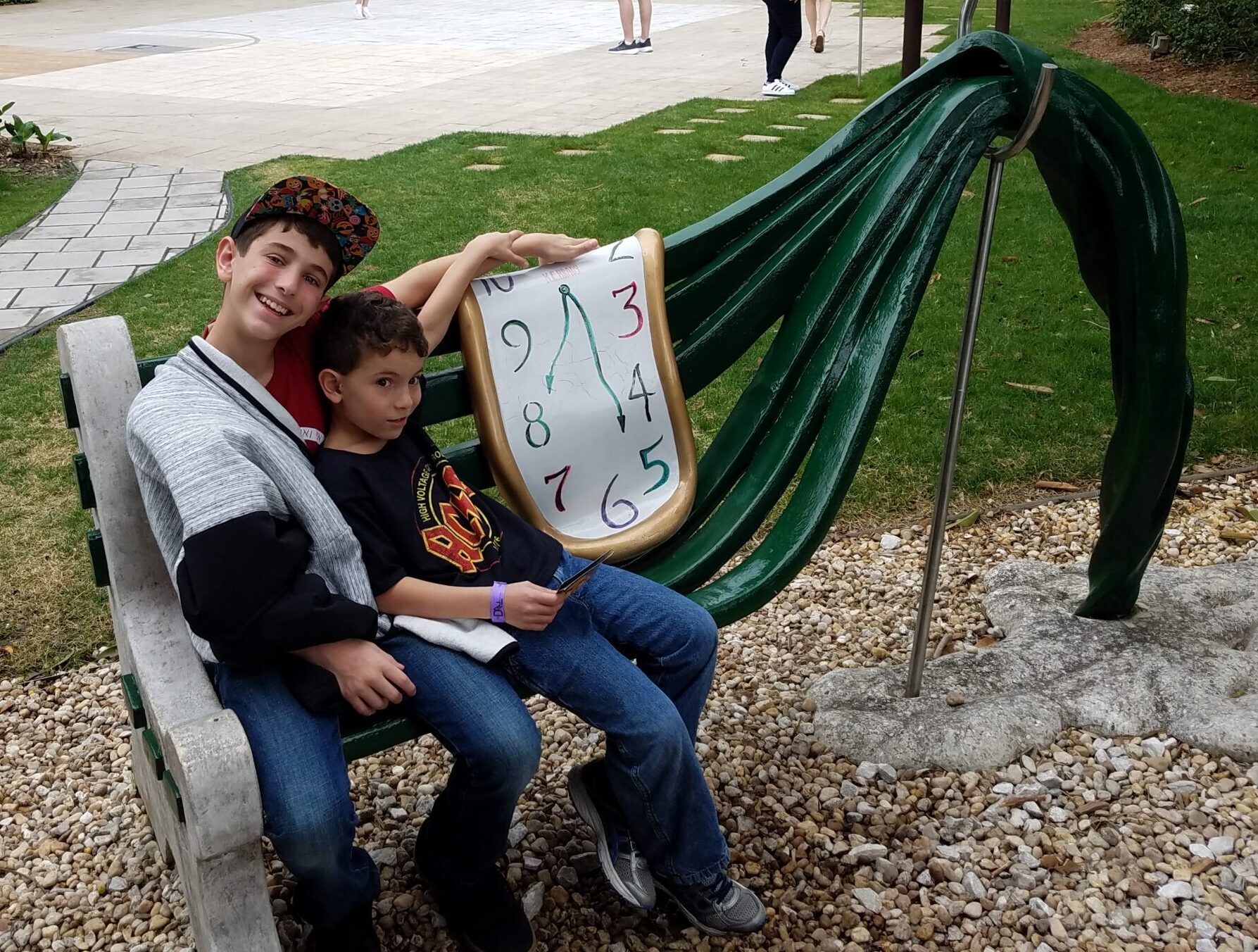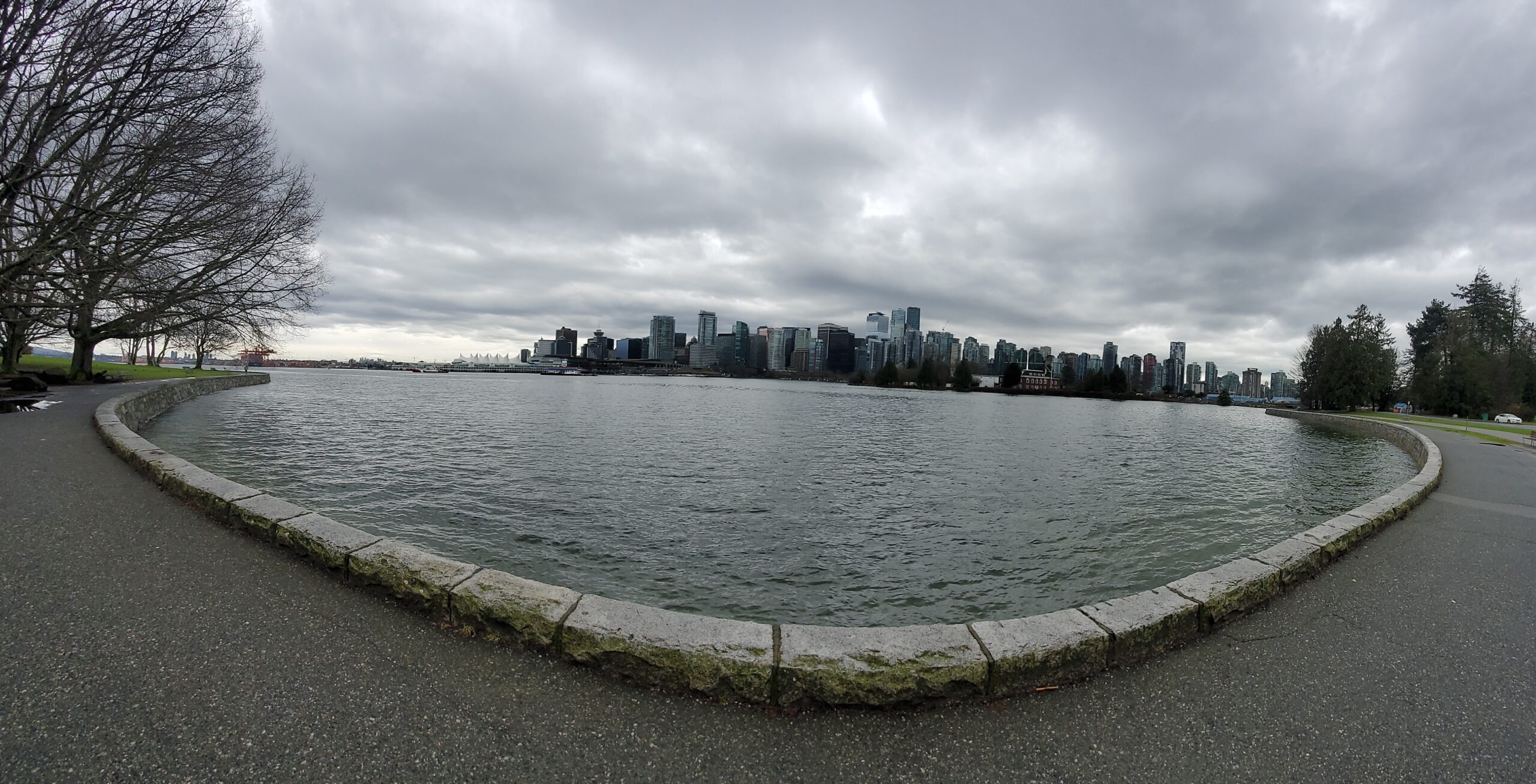Being sick or getting well doesn’t define you – it’s one thing among many in your life. Wouldn’t it be great if you could get healthcare that recognized that?
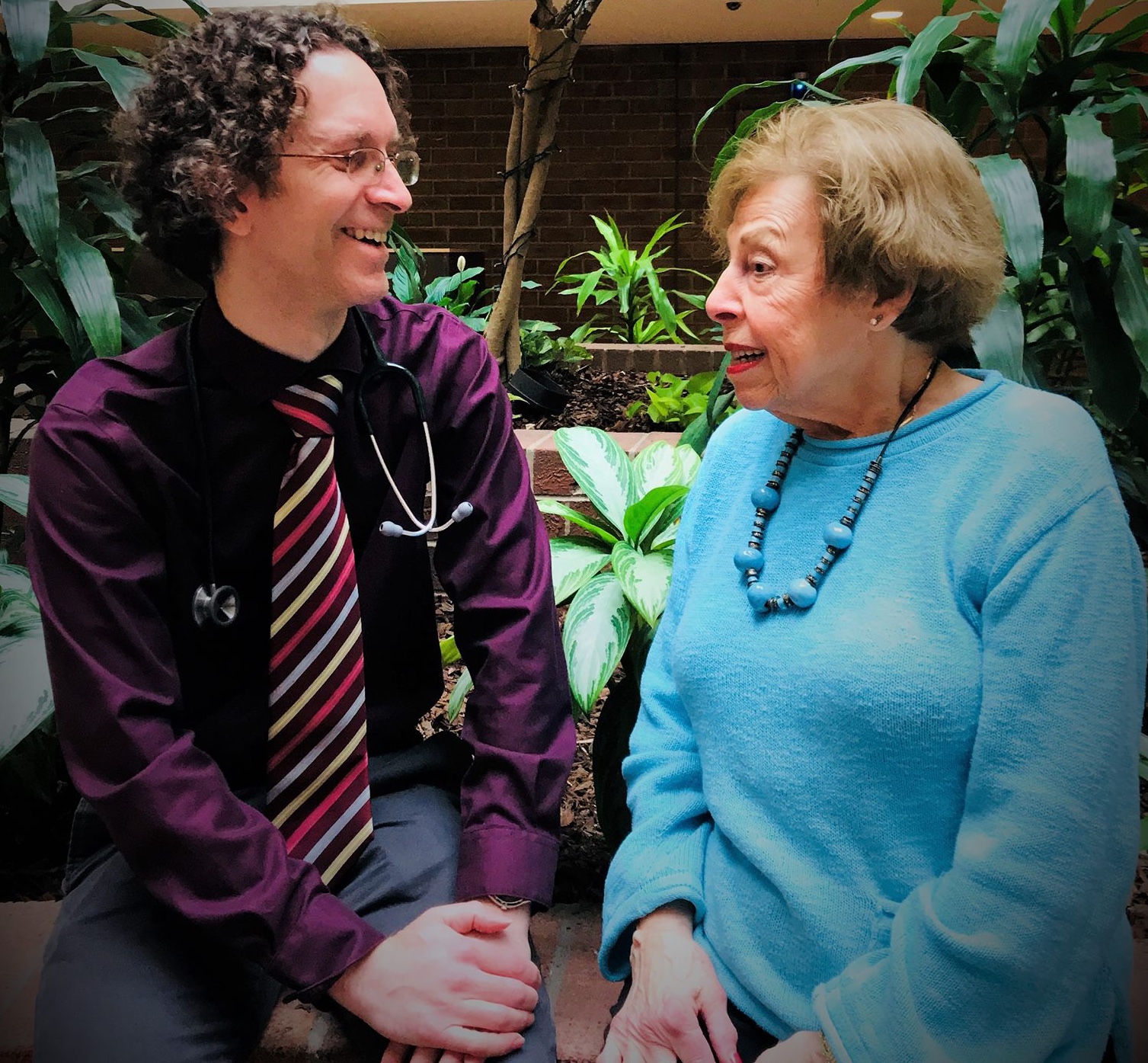 a>
a>
Patient Stories
Arthur Kleinman taught that every person who suffers has their own “Illness Narrative.” If you struggle with illness, or care or advocate for someone who does, what is your narrative? What is it like to be ill, and what would getting well look like in your world?
